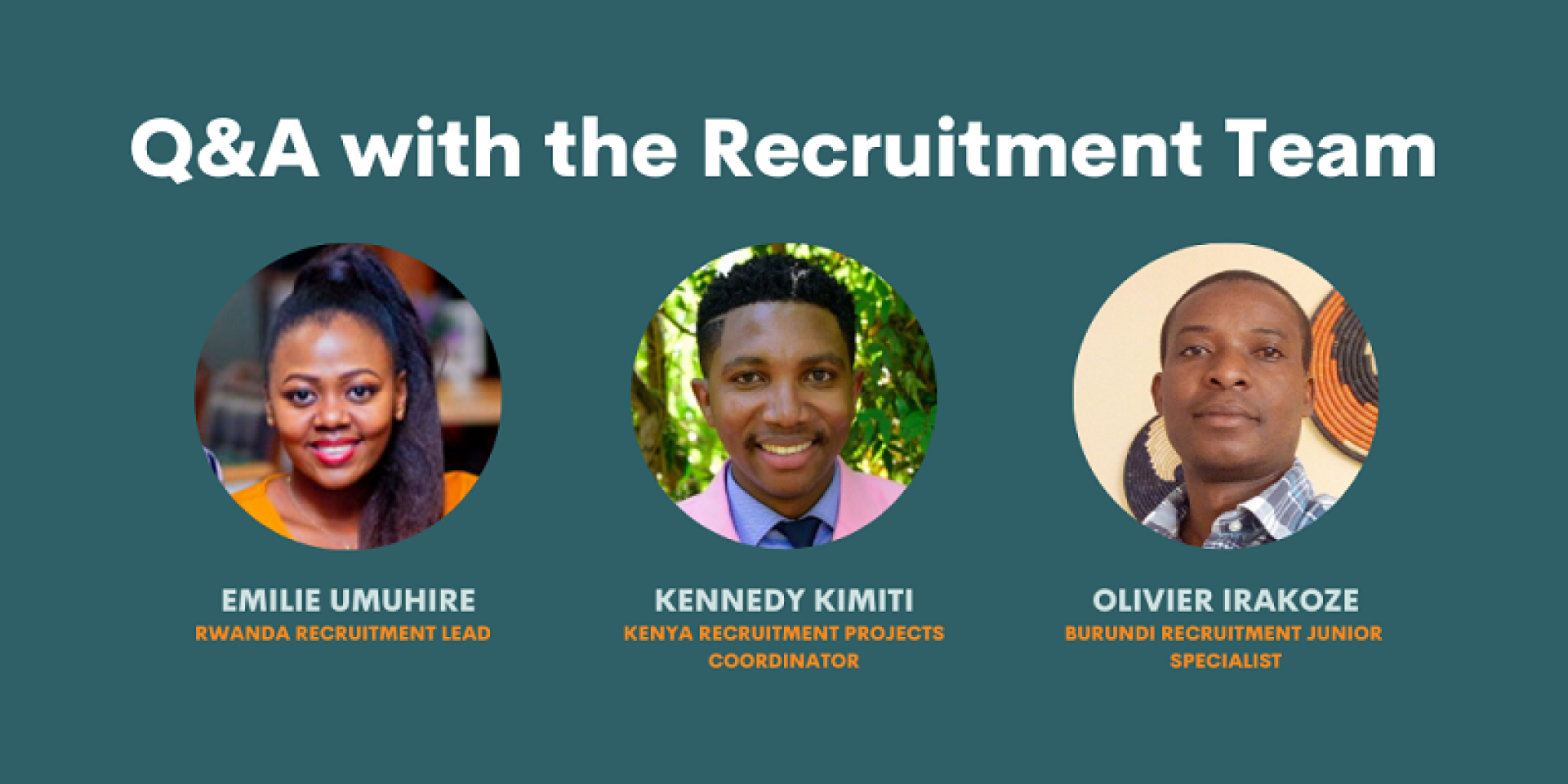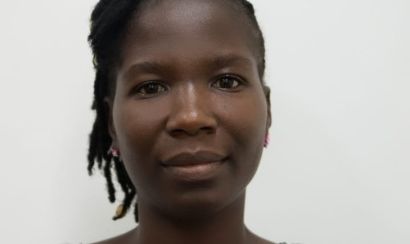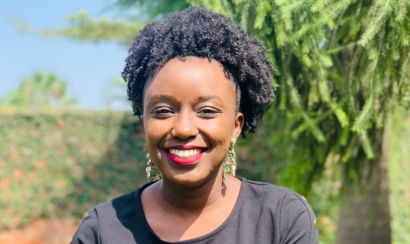A Day in the Life of a Recruiter
Our recruitment team is most often the first interaction potential One Acre Fund staff have with our organization, so our team have the task of selling our brand positively. Here, Emilie Umuhire, Kennedy Kimiti and Olivier Irakoze speak about their experiences working in our Global Recruitment team.
How have you seen our recruitment process change since you first started?
Olivier: When I joined the recruitment team in 2018, each country had its own recruitment processes and tools. We have since harmonized and standardized recruitment processes across the organization. Today, we also focus on attitudes and personalities as much as we do technical skills to get culturally sensitive candidates who also excel at their work.

Olivier Irakoze
Kennedy: One significant change is that we’ve automated early-stage candidate screening. We can quickly sift through thousands of CVs and applications and select the right candidates based on a role’s primary requirements. This has reduced the overall time a candidate takes interviewing.

Kennedy Kimiti
What's a common misconception about recruitment?
Kennedy: Recruitment does not hire alone. We support department leads looking to fill vacancies in their teams to employ. You could think of us as business partners to hiring managers - ones who drive the backend processes that make placement smooth and successful.
Emilie: When we are advertising for roles, it's not always because people are leaving the organization; instead, it is because of our scale of growth. In 2018, One Acre Fund served about 800,000 farmers; in 2020, that number was 1.3 million. A company growing at our pace needs to regularly expand its workforce to maintain the same level of service and even improve it. We do this through conventional advertising (posting on job boards) and through headhunting.

Tell me a bit about headhunting. How does it work?
Emilie: Headhunting involves finding the most suitable professional for a specific, often senior role for a company – even if the individual is not actively looking for a new job. We mostly headhunt on LinkedIn, which is perhaps the most popular professional networking site. We also rely on recruitment agencies, which connect employers with pre-screened applicants, alumni networks, and referrals from former employees, shared recruitment contacts, or reputable academic institutions.
What do you think is the most rewarding aspect of being a recruiter?
Emilie: I love to see a new hire align with our values and culture and succeed in their role. I joined One Acre Fund because of my background in global health studies and because ending hunger is close to my heart. Bringing someone who exhibits similar passion is highly fulfilling.
How do you introduce our company to a candidate?
Kennedy: I typically summarize One Acre Fund’s vision and focus, and I use my own experience in the organization. I speak about the impact we create in the lives of smallholder farmers, their families, and their communities. I also talk about how the organization invests in its employees by offering training and mentorship that supports professional growth. Finally, I offer a timeline summary of what a few years might look like for a role so applicants can mentally trace a successful career should they get the position. I emphasize the employee’s role in actualizing that growth, particularly the value of self-leadership and owning their role.
How do you keep up with industry trends?
Kennedy: I love listening to Recruitment podcasts which enable me to keep up with industry developments. I also rely on Greenhouse, a recruitment and applicant tracking software, which hosts webinars that connect users – typically recruiters and human resource practitioners – and facilitates interaction on various HR and recruitment policies.
Emilie: There are a lot of webinars and workshops available online. I subscribe to LinkedIn Lists, which provide a lot of resources, training, and workshops. I am also a member of platforms that hold diversity recruitment forums, which is a particular interest of mine. Finally, I have a network of HR experts in companies within our value chain, from whom I draw sector experience and trends.
Do you measure your recruiting performance? How?
Kennedy: One way I assess myself is by gauging my turnaround time for specific processes and my customer service proficiency. In Recruitment, our customers are hiring managers, candidates, and, in my particular case, other recruiters in the team whom I support with internal back-end processing. To assess my competence in customer service, I gauge myself using ‘CARES’, an acronym that draws from the human resource management values of Communication, Accountability, Responsiveness, Empathy, and Solution. I try to live up to the ‘CARES’ criteria by ensuring I communicate with team members and applicants fast and effectively, delivering on my work promptly, and seeking creative, workable solutions to arising problems.
Emilie: We work towards specific team objectives, but our number one client is the candidate; this means candidate experience is paramount. We are constantly asking ourselves, is the candidate having a good experience, whether or not they make it to the next stage? If the answer is yes, then we know we are doing well. A candidate’s experience with the hiring team sets expectations about what to expect on the job. This first bit informs the second metric — the interview experience. We are the recruitment experts, but it is hiring managers who own the outcome of the entire process. If the hiring manager is happy at the end of the process, we know we have done our job well.
Helping find the right fits for different roles is one way we build a solid, credible family of leaders who can drive the One Acre Fund mission of delivering consistent impact to farmers.




